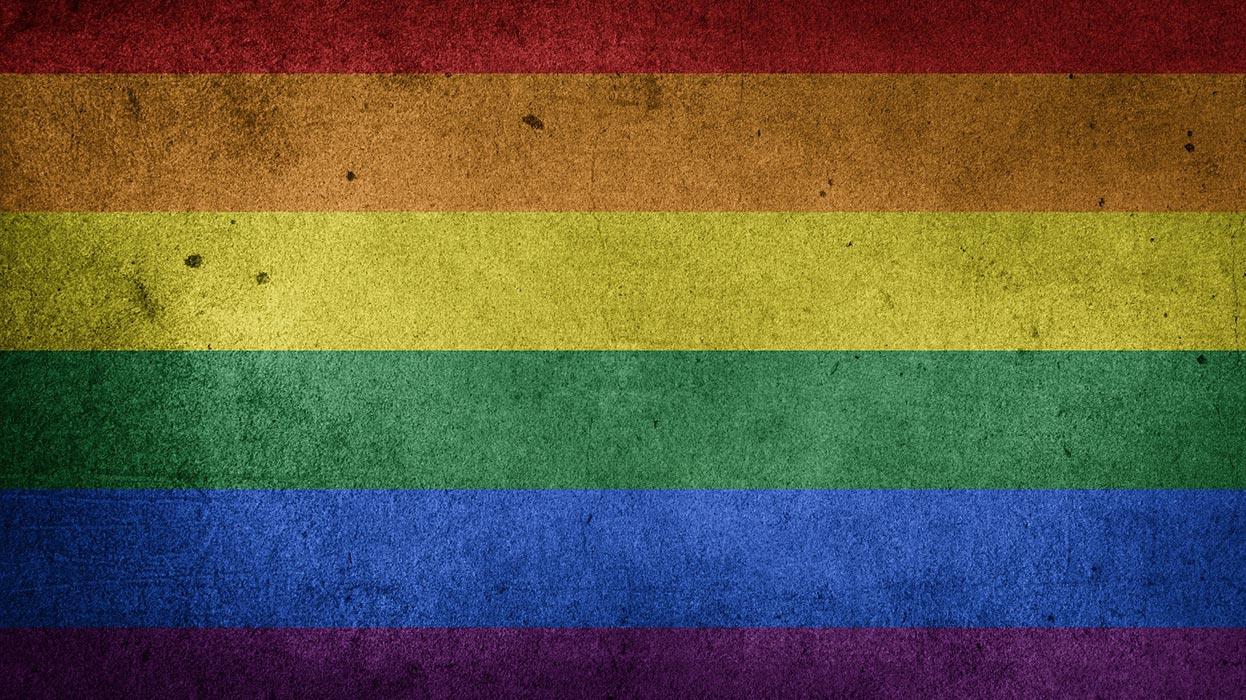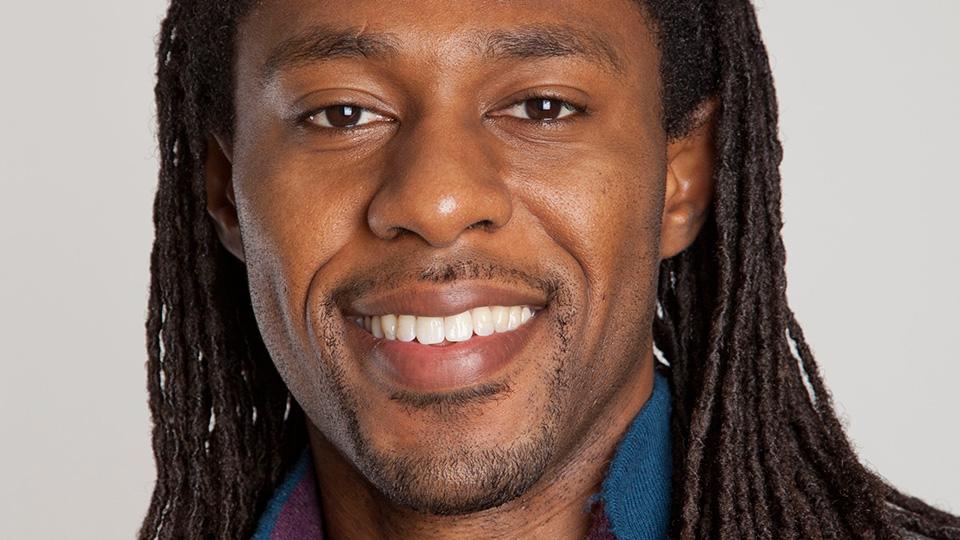Gay rights support improves in Jamaica but anti-gay sentiment grows, new research suggests
Primary page content
Three years of intense activism and awareness raising in Jamaica have helped increase support for gay rights and reduce approval for the country’s “buggery law”, new research from Goldsmiths, University of London has found.

But while support for structural prejudice, including the threat of ten years imprisonment for consensual homosexual sex, has reduced, Dr Keon West (Department of Psychology) found that personal prejudice against LGBT individuals has increased over the same period.
In Kingston, 2012, two male students at the University of Technology were caught engaging in sexual activity. One escaped, while the other was pursued across campus by fellow students calling for his death. Seeking refuge with security guards, the guards then turned on him and beat him themselves.
This was followed by a period of intense debate with many arguing that the gay student should have been killed.
But less than three years later, in August and October 2015 Jamaica’s first Pride events were held in Kingston and Montego Bay respectively. Here persons of all classes, sexualities and gender expressions, including straight allies, could gather in a safe environment.
How did this change happen? Between 2012-15 organisations such as AIDS-Free World, Quality of Citizenship Jamaica, the Jamaica Anti-Homophobia Stand and J-FLAG engaged in activities intended to increase LGBT visibility in the country, call attention to prejudice and encourage politicians to take prejudice more seriously.
Social psychologist Dr West – an expert in anti-LGBT prejudice in Jamaica - analysed the results of two surveys from 2012 and 2015 of almost 1,900 people, to see how attitudes have changed.
The surveys show that, over the 3-year period, heterosexual Jamaicans reduced their support for the country’s “buggery law” and became more supportive of gay rights. However, they simultaneously became more likely to say they do not trust or like gay people, or that they would threaten, hurt and insult them.

(Dr Keon West, Lecturer in Psychology)
Dr West’s research into changes in attitudes appears in The Journal of Sex Research.
He explains: “What should we make of these findings? Taken together my conclusion is that these changes in structural and personal prejudice suggest that heterosexual Jamaicans now respect LGBT Jamaicans more, but like them less.”
Dr West believes that this pattern of results could be expected considering the strategies recently used by pro-gay rights groups in Jamaica. These have focused on protest and visibility – strategies that tend to increase support for legal rights and equality.
However, there has been a relative scarcity of strategies involving friendly, cooperative interactions – strategies that promote positive attitudes. Jamaican gays and lesbians continue to be killed, and reactions to some pro-homosexual protests have been negative.
“This does not indicate a failure of Jamaican pro-gay activism,” Dr West adds. “All organisations have limited resources and anti-gay prejudice is a multi-faceted problem. The focus on legal equality is showing some signs of success.
“But it’s also important to achieve more positive attitudes and a reduction in day-to-day violence and negative behaviours. With those goals in mind, it might be time to accompany the closed fist with a bit more of the open palm.”
“Jamaica has been described as the most homophobic place on earth, but consensual gay sex remains also remains illegal in 75 other countries.
“Jamaica can be seen as a testing ground for comparable anti-gay nations; like those in Jamaica, activists in these strongly anti-gay countries must select strategies that best suit their challenging social climate.”
‘Jamaica, 3 years later: Effects of intensified pro-gay activism on severe prejudice against lesbians and gay men’ is published in The Journal of Sex Research.